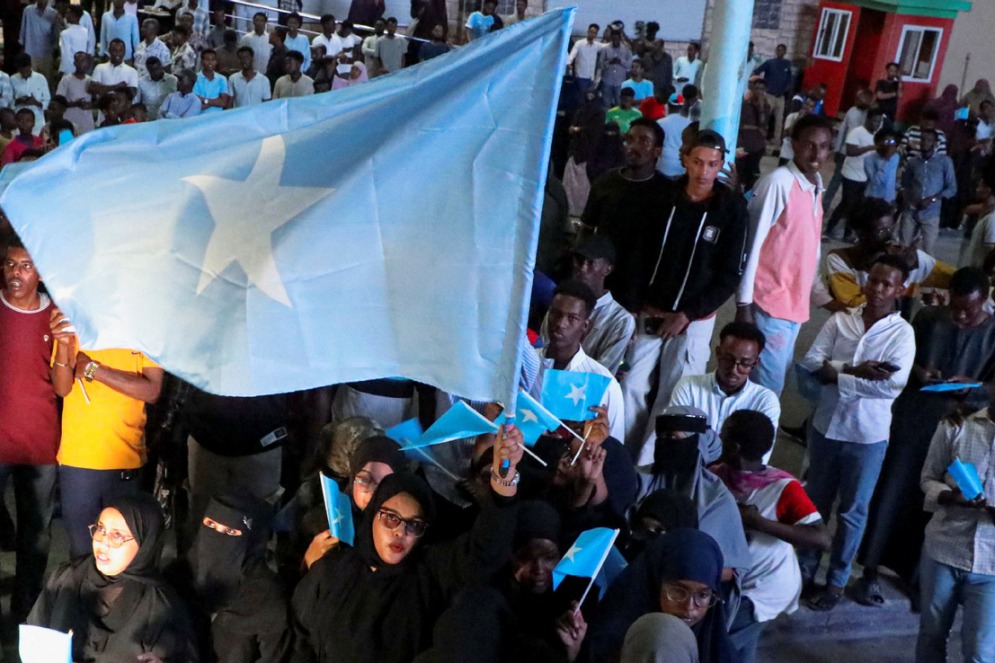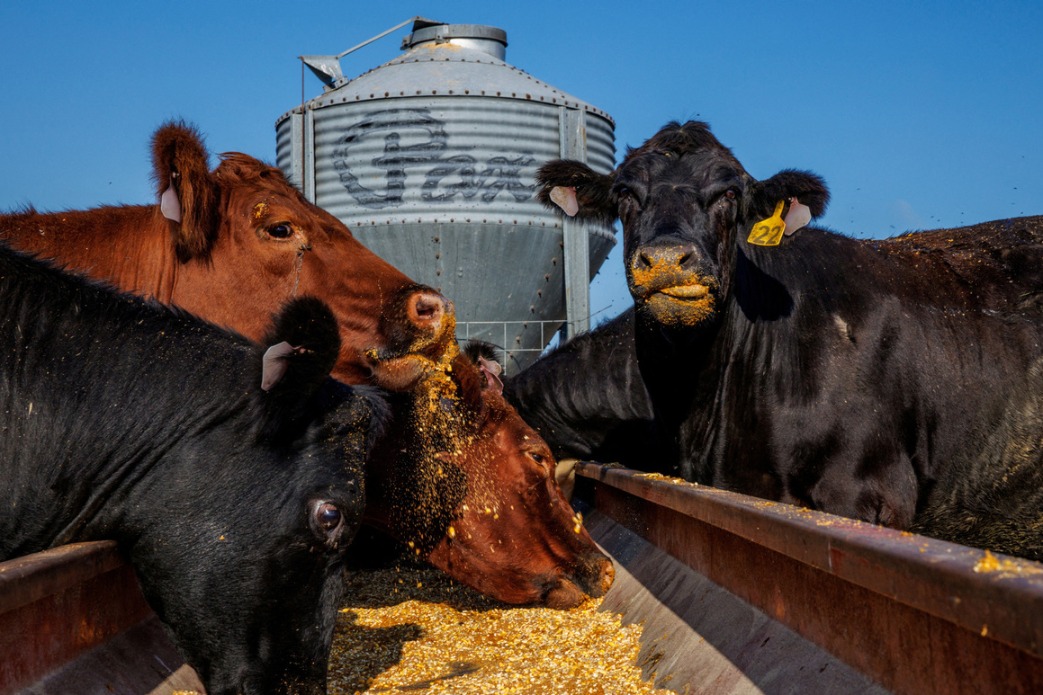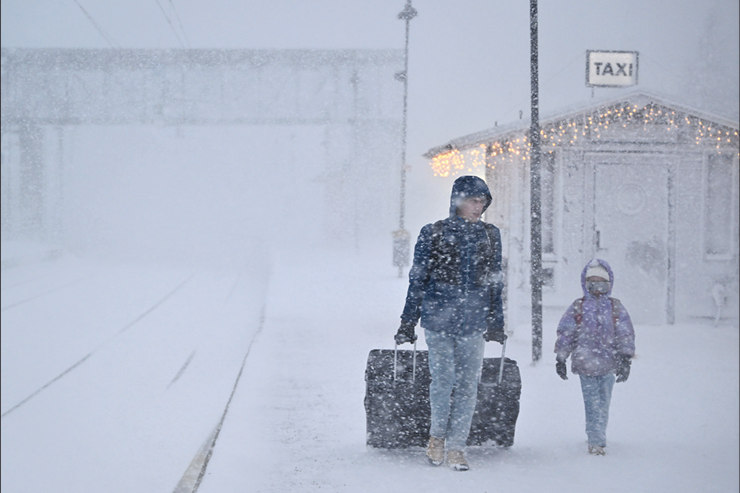No breakthrough yet in drug trials, says WHO


Flu jab guidance given to at-risk groups
The World Health Organization, or WHO, said on Friday that interim results from the Solidarity Therapeutics Trial have shown that the other two drugs in the trial, remdesivir and interferon, have little or no effect in preventing death from COVID-19, or reducing time in hospital.
Speaking at the virtual media briefing, WHO Director-General Tedros Adhanom Ghebreyesus said for the moment, the corticosteroid dexamethasone remains the only therapeutic shown to be effective against COVID-19 for patients with severe disease.
The WHO launched the Solidarity Theraputics Trial six months ago, in a bid to evaluate the effectiveness of four drugs for the treatment of COVID-19. It is the world's largest randomized controlled trial of COVID-19 therapeutics, involving almost 13,000 patients in 500 hospitals in 30 countries.
The Solidarity Trial is still recruiting about 2000 patients every month and will assess other treatments, including monoclonal antibodies and new antivirals. There are still many other ongoing trials of therapeutics identified through the Research and Development Roadmap for COVID-19.
As the Northern Hemisphere winter approaches, cases of COVID-19 are rising globally, especially in Europe, where countries are increasing measures to contain it. Tedros noted many people are understandably weary of the disruption the pandemic is causing to their lives and livelihoods.
"Last week, the number of cases reported in Europe was almost three times higher than during the first peak in March," he said.
"Although the number of deaths reported in Europe last week is much lower than in March, hospitalizations are increasing and many cities are reporting they will reach their intensive care bed capacity in the coming weeks."
According to the WHO, there are up to 3.5 million severe cases of seasonal influenza worldwide every year, and up to 650,000 respiratory-related deaths.
Tedros said, "During this year's Southern Hemisphere winter, the number of seasonal flu cases and deaths was less than usual because of the measures put in place to contain COVID-19, but we cannot assume the same will be true in the northern hemisphere flu season."
He pointed out that many of the measures that are effective in preventing COVID-19 are also effective for preventing influenza, including physical distancing, hand hygiene, covering coughs, ventilation and masks.
Although there has not been a safe and effective vaccine for COVID-19, he said there are safe and effective vaccines for influenza. The WHO strongly recommended influenza vaccination for five target groups: pregnant women, people with underlying health conditions, older adults, health workers, and children.
Tedros said, however, that one of the challenges the whole world faces is that demand for influenza vaccines may outstrip supply in some countries, so "among the five risk groups, health workers and older adults are the highest priority groups for influenza vaccination during the COVID-19 pandemic."
Tedros noted another under-utilized tool is the use of antivirals to treat people with influenza, and thus he encourages all countries to use all the tools at their disposal.

































